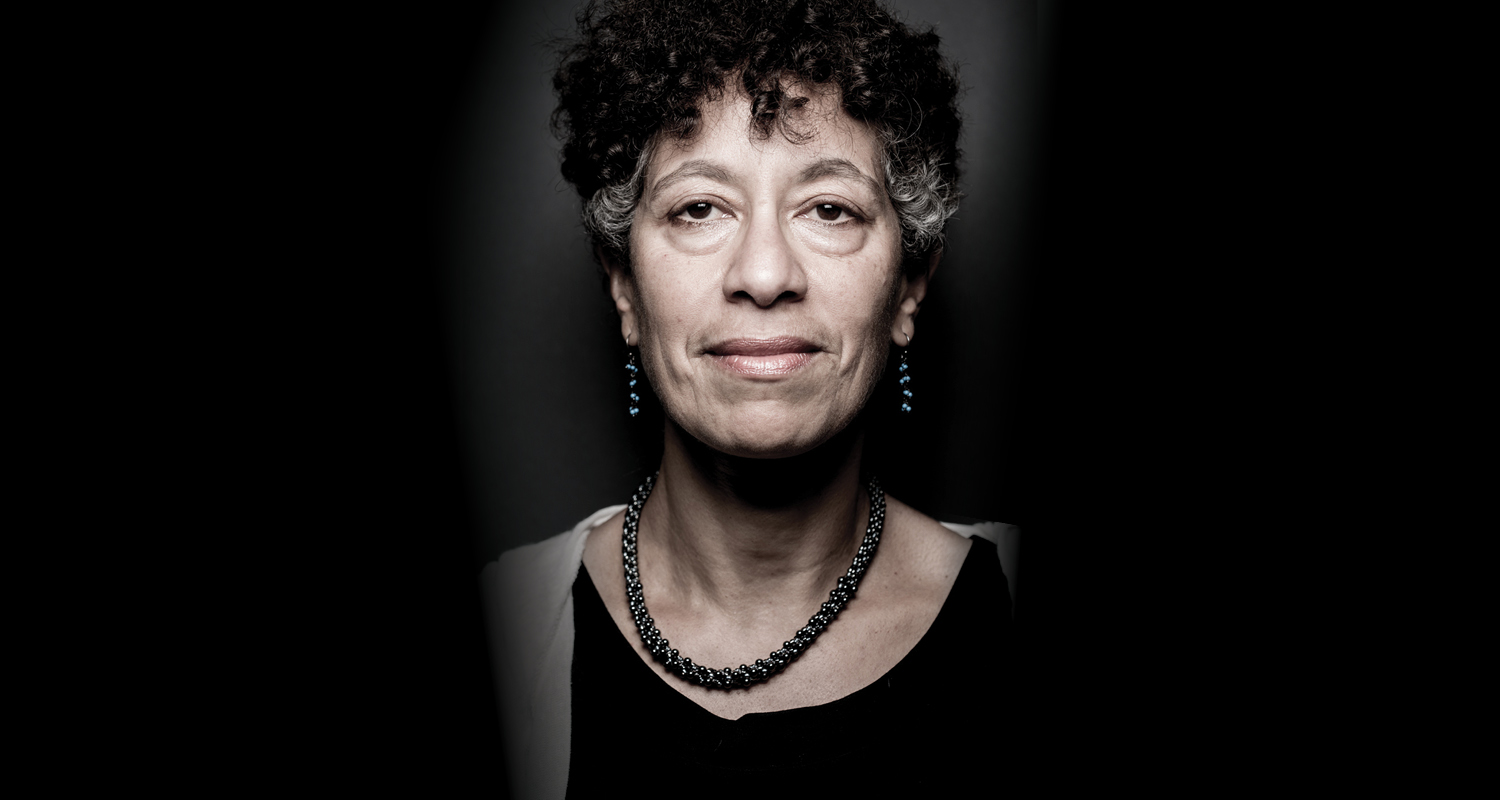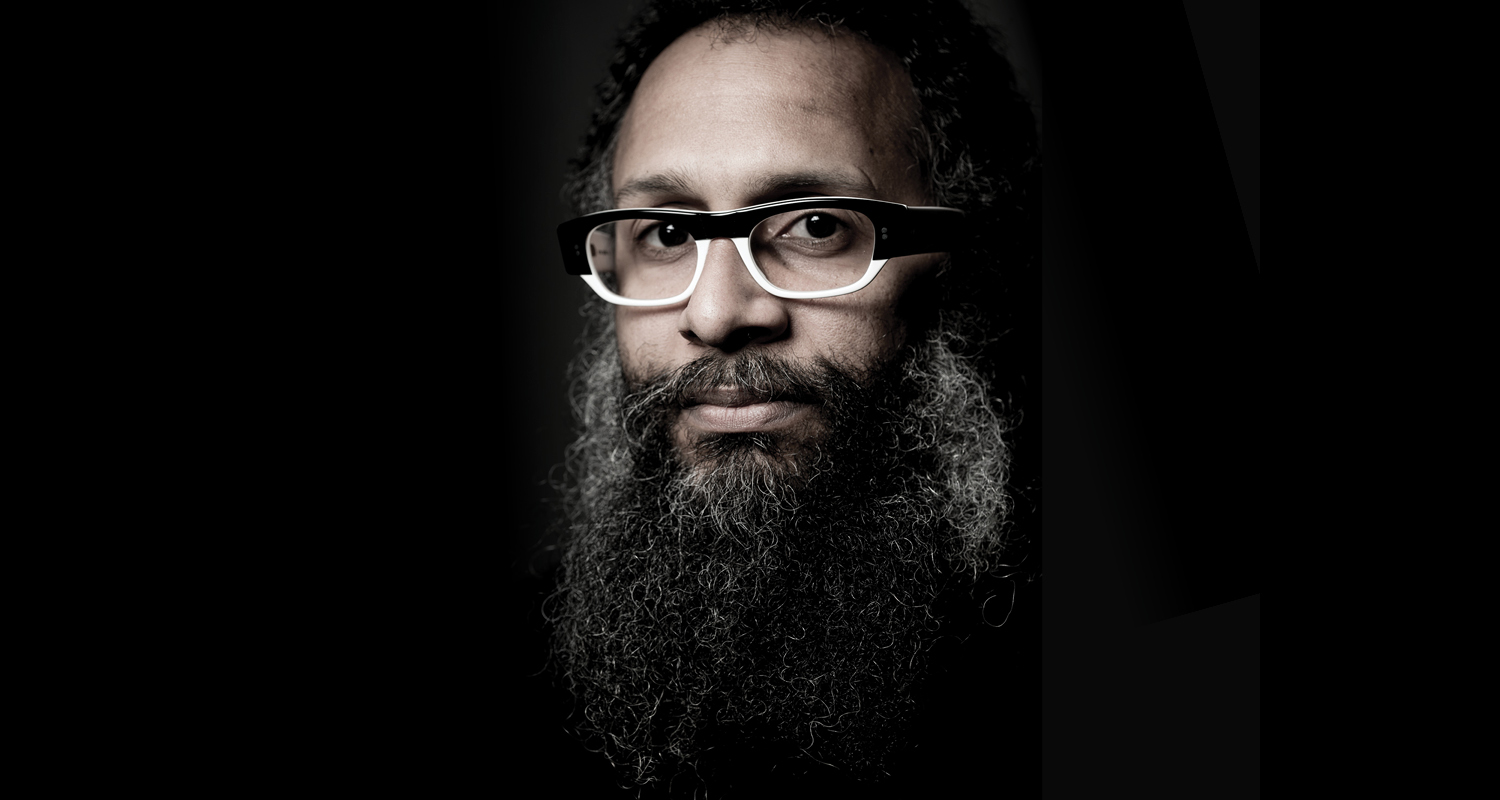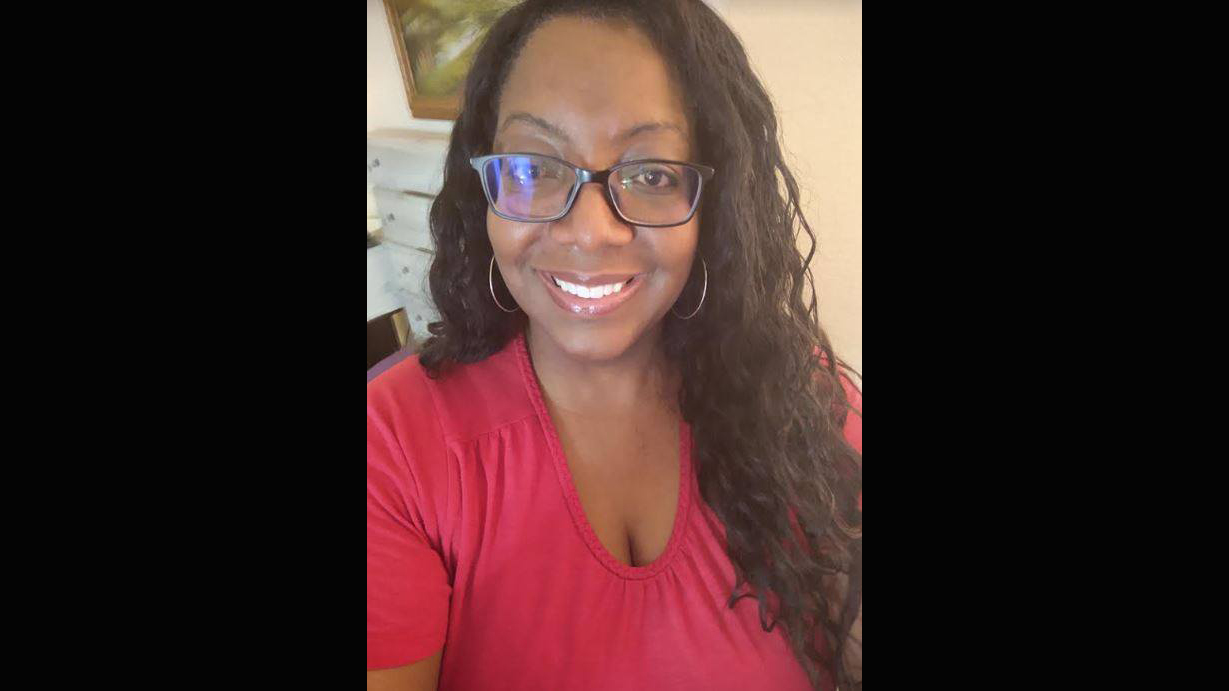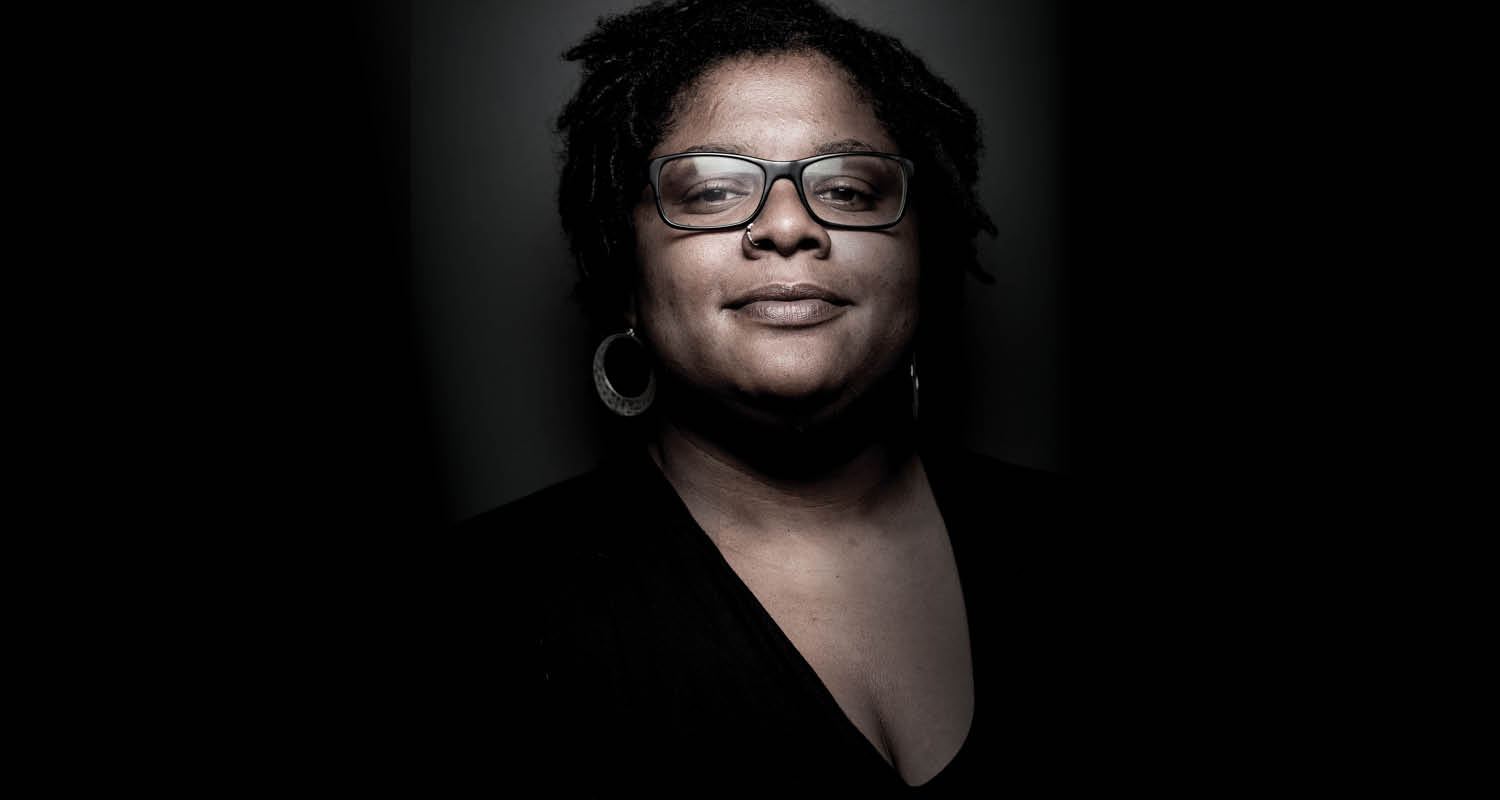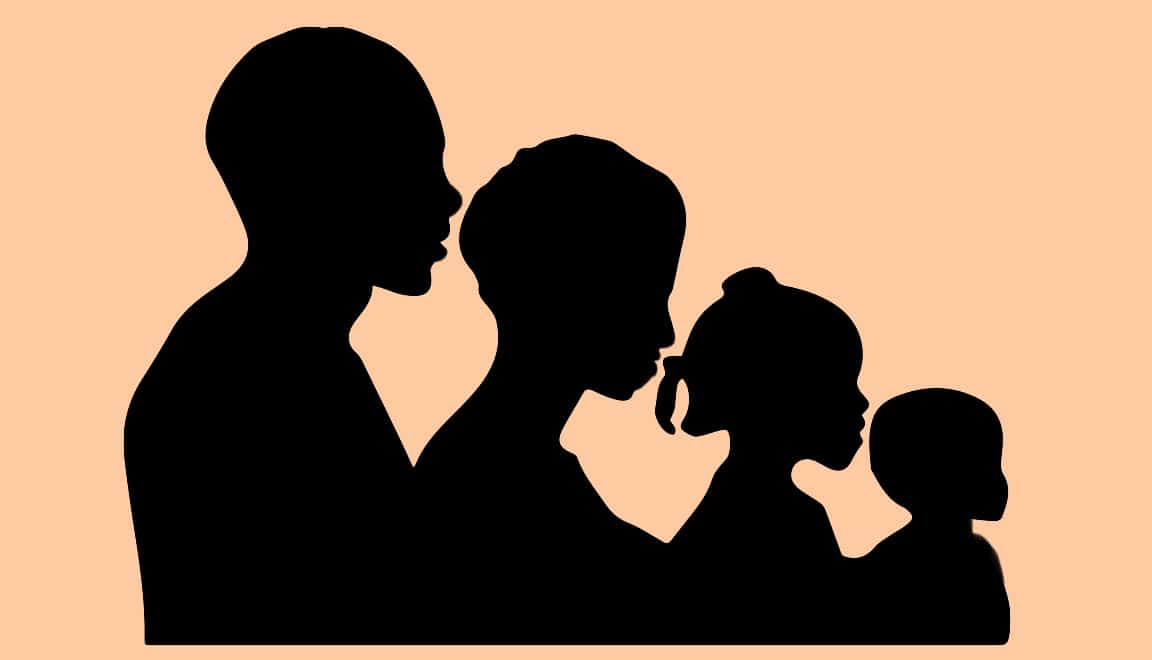I walk up to the reception desk at Albany Medical and say, “I have COVID.” I do not say, “I think I have COVID,” because at this point I am certain.
Continue readingSacred Black Space
TMI Project’s Black Stories Matter program is a sacred space. Sacred is the only word that comes close to describing how it feels to me. This is in part due to it being a space for people to be vulnerable, to share their truths and their stories. But, more than that, it is Sacred Black Space, of which there are too few.
Continue readingBenny Eichert
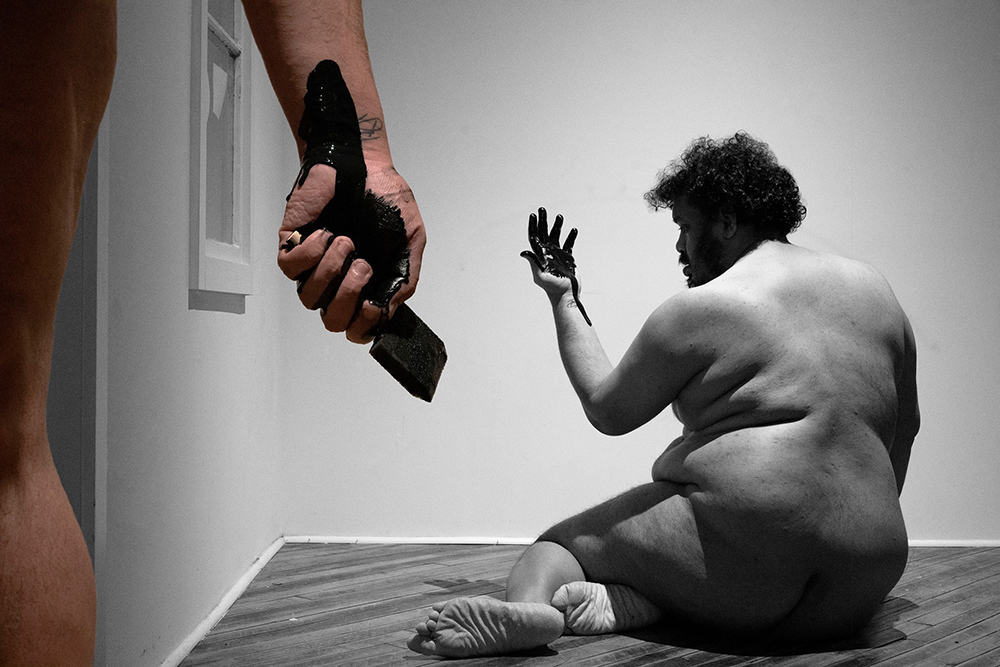
“Why do I still feel like a fraud? Like I don’t belong. Like I’m not black enough.“
Racism has been a big part of my life, I just never acknowledged it. I hate stuff like this. It makes me uncomfortable, as I’m sure it makes a lot of us. It’s easy to make excuses and look away. But something this morning is calling me to confront this feeling. Two more lives were lost. Another black man and another black woman to add to a huge list of those taken by people who are supposed to protect and serve us. There is something wrong with America. And it’s not just COVID 19. Racism has been here for a lot longer.
A year ago, I did a DNA test. I read it and was stunned. I’m 1/4 Portuguese and 1/4 Spanish. I’m 27.1% African from Northern and Western Africa. Why do I still feel like a fraud? Like I don’t belong. Like I’m not black enough.
I was adopted by two Caucasian people. I was told I was Hispanic and Italian. I don’t blame them for this misinformation. It’s very possible that my biological mother, whom I never met, didn’t know who my father was. I had 6 other adoptive siblings. Five were African American. I never felt I belonged. But, we all dealt with a lot of racism early on.
I was called a Spic and nigger in first grade.
I was told my real parents didn’t love me.
I was targeted by teachers and classmates because of my white parents.
I had a barber tell me that he didn’t have clippers for “my type of hair.”
I was looked at differently because of my color.
I feel a pain in my heart. A chill in my skin. I can’t describe it. I reach down at my chest where my heart is and feel something wet and warm. I raise my hand and see pain and hurt. It is like a dark moonless night. I don’t know why I thought if I ignored it long enough eventually I would be okay.
My art has called to me to create from this pain. It is one place I cannot hide what I feel. My art is real, honest and painful. Sometimes I hate it for this reason. But, my art has led to such growth in my life. It’s an outlet where I can say I am sorry to the younger version of myself for not validating this pain. I am sorry for not acknowledging my place in this fight.
I am a puzzle with a lot of different pieces.
I am Portuguese, I am Spanish and……
I am Black.
This story was received as an online submission.
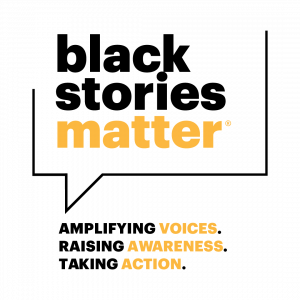
Want More Black Stories Matter Content?
Stories have the power to increase visibility, raise awareness, change people’s hearts and minds, and inspire people to take meaningful action. We are making every effort to ensure all of our Black Stories Matter content is easily accessible, widely consumed, and is accompanied by tools to deepen the impact.
Listen: The TMI Project Story Hour, Season Two: Black Stories Matter, launches this fall. Learn more and subscribe to our podcast HERE
Host: a Black Stories Matter viewing party and discussion from anywhere in the world. Click HERE to learn more and sign up.
Share: TMI Preoject’s mission with Black Stories Matter is to elevate the underrepresented stories of the Black experience in America – the full spectrum – the triumphs, humor, beauty, and resilience. Click HERE to submit your story to be featured on the TMI Project blog.
Jaggar Harris
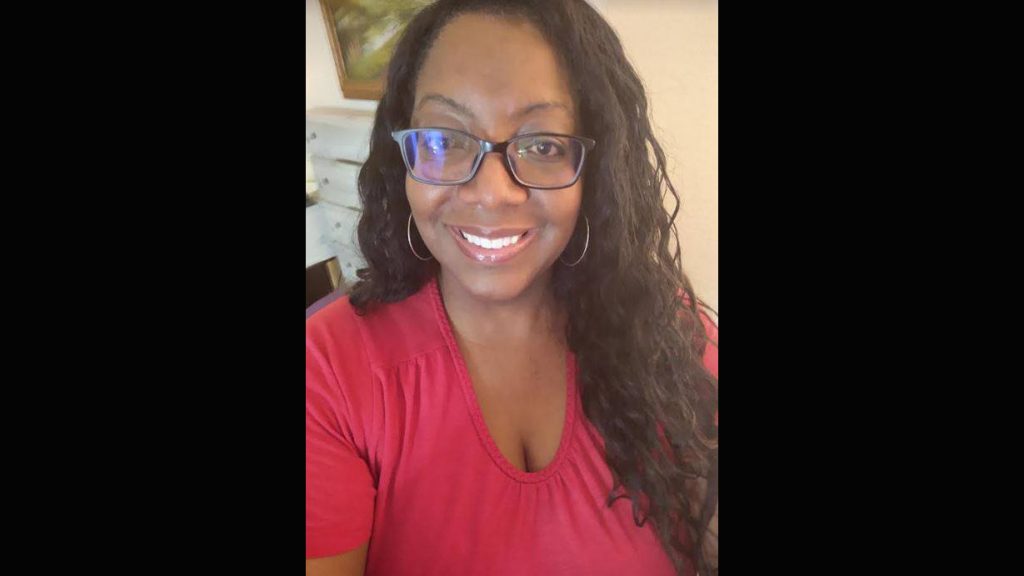
“The American dream — the dream that makes you believe you can have equality and the same opportunity available to any American — is a nightmare for me because I’m Black.”
After watching the horrifying and brutal killing of George Floyd on national TV I cried. I was deeply sickened. I wanted to do or say something that would help others understand what it’s like to be Black in America because racism not only exists in the police departments, the criminal justice systems and the government, it exists in the workplace too.
During my eighteen-year career in higher education, which spanned from 2001 to 2019, I was the victim of racial discrimination four different times by three different employers in four different cities in the states of Colorado and California. The American dream — the dream that makes you believe you can have equality and the same opportunity available to any American — is a nightmare for me because I’m Black.
The first time I was discriminated against was in 2001. I was terrified and didn’t know what to do. My friends said, “Don’t fight. You’re just one person and nothing you do will make a difference.” My family said, “Don’t fight because if you make waves you’ll lose your job.”
But after years of being harassed, humiliated, and stripped of all dignity, confidence, and strength over and over again, I stopped hearing everyone around me and started listening to God. God inspired me to speak my truth no matter how painful it was and to do my best to prevent others from experiencing the devastation to their lives and careers that I had painfully endured.
I fought back against the first employer and each subsequent employer. When they realized that I had documentation that could prove the severity and frequency of the discrimination I endured, each one paid me hush money to buy my silence and hide the racism in their organizations. They also blackballed me from the industry that I loved, in the city that I worked, so I was forced to relocate and start over. Each time, I moved to a different city hoping to get hired by a company that was free of racism and, sadly, I found that in America no such place exists.
I’m tired. My battles against racism in the workplace that I have been forced to fight for the last eighteen years have left me broken, traumatized, and emotionally spent. At 52 years old, I’m getting too old to keep starting over. Even worse, I’m witnessing my children, who are now all grown up with careers of their own, suffer the same fate and it’s heartbreaking. It’s heartbreaking.
I share my story about fighting back, not only to help me deal with the trauma of racial discrimination, but also in hopes that it will make a difference, for my children and others.
This story was received as an online submission.

Want More Black Stories Matter Content?
Stories have the power to increase visibility, raise awareness, change people’s hearts and minds, and inspire people to take meaningful action. We are making every effort to ensure all of our Black Stories Matter content is easily accessible, widely consumed, and is accompanied by tools to deepen the impact.
Listen: The TMI Project Story Hour, Season Two: Black Stories Matter, launches this fall. Learn more and subscribe to our podcast HERE
Host: a Black Stories Matter viewing party and discussion from anywhere in the world. Click HERE to learn more and sign up.
Share: TMI Preoject’s mission with Black Stories Matter is to elevate the underrepresented stories of the Black experience in America – the full spectrum – the triumphs, humor, beauty, and resilience. Click HERE to submit your story to be featured on the TMI Project blog.
Why couldn’t I be black and be the true me?
Callie (she/her)
Thinking back over her own difficult journey with their racial identity, Callie ponders the question, “How can I help my daughter feel proud of her own blackness?’
#blacklivesmatter #blackstoriesmatter #defendblacklives
I hated black people for a while. I felt they judged me for being me. And I was trying so hard to figure out who I was. Did I need hoop earrings and air force ones to be black? Did I have to to do my hair and nails? Why couldn’t I be black and be the true me?
My 9-year-old daughter recently said to me, “I wish I could be a beautiful black woman, Mommy.” She’s very fair, and I often feel guilty at how relieved I am that she can, “pass.” I want her to be a proud black woman, but I also don’t want her to suffer through what I went through as a black girl, and woman, not fitting in.
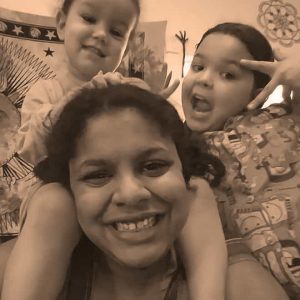
I moved to Wilton, CT, an all white town, when I was 8. On my first day of fourth grade, a boy on the bus called me a nigger. I didn’t know what that was, but I knew it was bad. I told my principal, and he was appalled. His response – have me teach the school about Kwanzaa. He wanted me to explain different holidays from “my culture” to a school full of white people. I didn’t even celebrate Kwanzaa.
What was it like being the only black kid? Well, for starters, every day people told me I wasn’t really black. As far as they were concerned, black people were “gangsta” or spoke in ebonics, listened to rap music and wore hoop earrings. My whole life, everyone I knew, convinced me that I wasn’t one of those “homegirls”. They mocked ethnic names, and talked about the “hood”. As far as I was concerned, I wasn’t black either. My mother only had white friends. I only had white friends.
People thought I wasn’t black because I wasn’t that hoop-wearing homegirl. I began to believe that, too. I wasn’t black. I wasn’t white. What was I? I tried so hard to be “white.” I began to hate BET. I wore bell-bottoms and tie-dyes, listened to The Grateful Dead and The Beatles, while still being followed in stores.
When The ABC Kids, nine black boys from inner-cities, came to my high school, suddenly, everyone assumed they would be my best friends. But, they mocked me. The same things that made the white people accept me, separated me from the black people I finally had an opportunity to interact with. The black boys hated me because I was a poser. I wasn’t black. I wasn’t white. But, who was I?
I hated black people for a while. I felt they judged me for being me. And I was trying so hard to figure out who I was. Did I need hoop earrings and air force ones to be black? Did I have to to do my hair and nails? Why couldn’t I be black and be the true me?
Now, many years later, I’m an activist and an organizer for social justice. As a leader, my job is to call people in and help them understand institutionalized or systemic racism. I can do that. I can use my voice and position of power to explain to white people how offensive or hurtful they are. I can explain that their privilege is more than not being called a nigger. It’s feeling safe when going to doctors who aren’t racist toward them. It’s knowing teachers aren’t racist towards their children. I can explain hard things, lead marches, scream into a megaphone, train young leaders and work to create change. And while it’s a challenge, I’m capable of doing these things.
What I don’t know how to do is make my daughter proud of her blackness. How do I make her proud while simultaneously trying to protect her from being pulled over in parking lots and followed in stores? I’m not sure. I guess I still don’t know what being black means, so how do I teach my daughters?
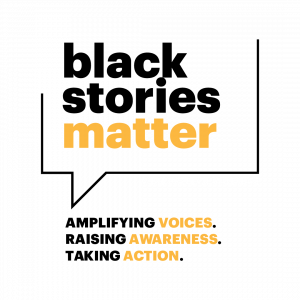
Want More Black Stories Matter Content?
Stories have the power to increase visibility, raise awareness, change people’s hearts and minds, and inspire people to take meaningful action. We are making every effort to ensure all of our Black Stories Matter content is easily accessible, widely consumed, and is accompanied by tools to deepen the impact.
Listen: The TMI Project Story Hour, Season Two: Black Stories Matter, launches this fall. Learn more and subscribe to our podcast HERE
Host: a Black Stories Matter viewing party and discussion from anywhere in the world. Click HERE to learn more and sign up.
Share: TMI Project’s mission with Black Stories Matter is to elevate the underrepresented stories of the Black experience in America – the full spectrum – the triumphs, humor, beauty, and resilience. Click HERE to submit your story to be featured on the TMI Project blog.
Jordan
My Blackness has come to mean my power. I walk into a room, and everybody notices my beautiful melanin-rich skin. The white folks try to impress me with their knowledge of shoes or basketball, both topics I know nothing about, but regardless they seek my approval. They are astounded by how my hair defies gravity and resembles the texture of the bushes and trees that make up our extended family, my skin the tree bark. Mother Earth is a Black Woman. The sun kissed me when I was born, and I am reminded every day it will never hurt me. My culture is magnetic. It’s irresistible. It brings out the true expression within all of us. My Blackness is stylish. It corresponds with all the latest trends and fads of the time. I woke up like this. My Blackness is resilient. My Black don’t crack. Like fine wine I look better with age, the fierceness of my glow grows stronger with every decade, as my people’s impact on the world gets stronger every century. My Blackness is Love. Just like when the passion bubbles up inside and comes bursting out, I cannot hide my Blackness. Some embrace it, others run away from it, not because it is inherently good or bad, but because it is powerful. My Blackness is nurturing. My Blackness is real. My Blackness tells a truth that some cannot handle. My Blackness is beautiful and never ceases to amaze me.

